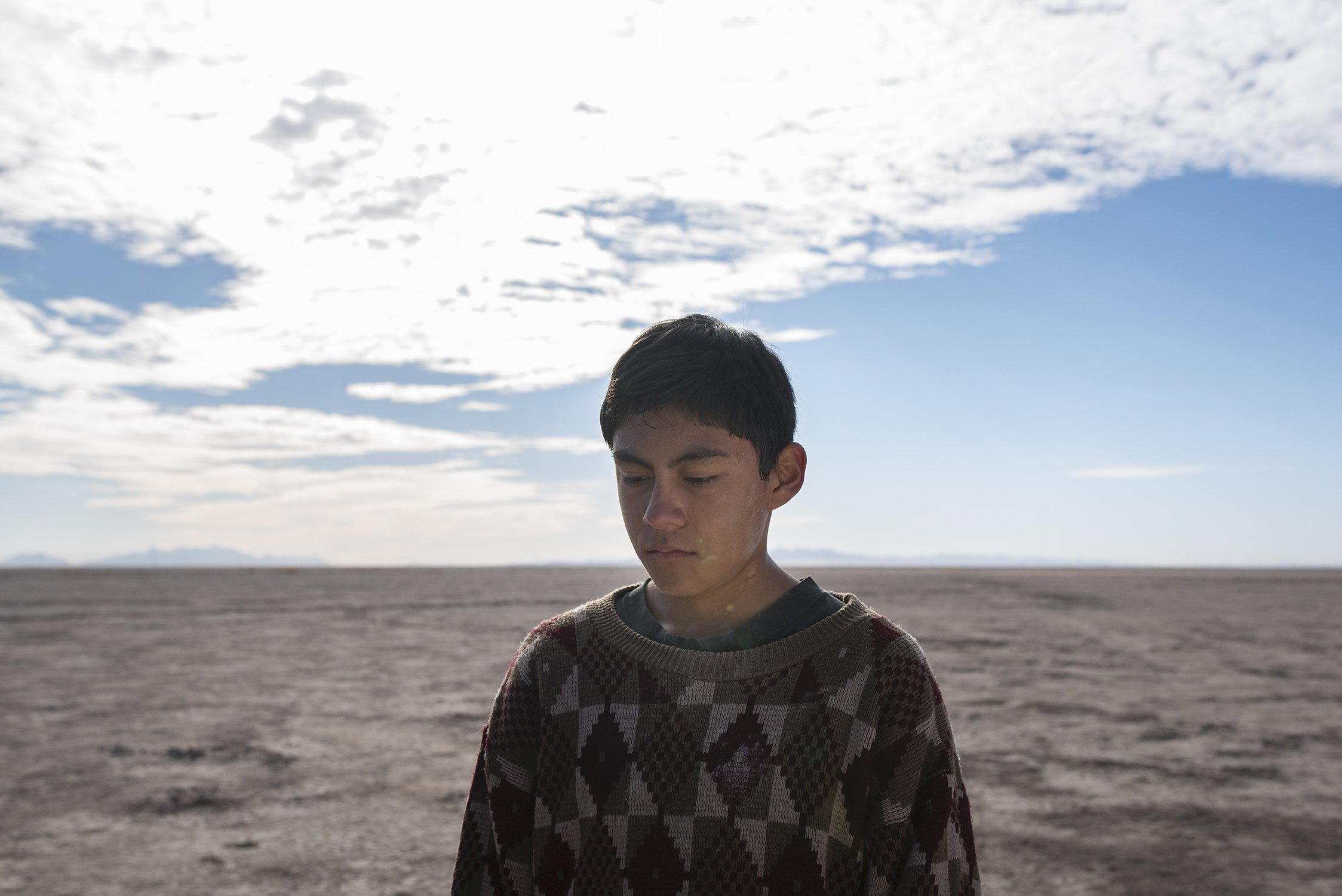You sometimes have to ask yourself why certain films are worthy of a competition slot at a major festival. If a certain set of themes and aesthetics are required for serious consideration by the powers that be, it’s hard not to see a number of art films as part of an infrastructure not so dissimilar to the comic book movie industry (even if, yes, serving a far smaller audience). And not to sound like a befuddled middlebrow American trade critic encountering Taiwanese New Wave for the first time at a mid-90s edition of Cannes when I ask: is there simply no consideration for either entertaining audiences or even challenging the so-called more sophisticated ticket-buyers’ pre-conceived notions about art cinema?
Sadly, the kind of film that makes one think such things is The Box, Venezuelan director Lorenzo Vigas’ follow-up to his Golden Lion-winning From Afar (thus asserting more festival berths for years to come). Certainly touching on some hot-button issues regarding immigration and labor, there’s also additional promise for classical narrative with the Dickensian set-up of the young orphan Hatzin (Hatzin Navarrete) coming to collect his deceased father’s remains in a small Mexican town.
The mostly sullen boy soon spots Mario (Hernan Mendoza), who seems a dead ringer for his departed father. Denying it but sympathetic to the orphan seeking a father figure, Mario soon takes him in. Yet the new patriarch is of course bad news, being a man on the inside for exploitative factories supplying migrant workers who can be docked pay and given endless hours. Despite beginning to take the shape of a thriller when dead bodies start turning up in Mario’s wake, The Box sadly doesn’t perk up in interest—for everything at stake, there’s no emotional pull in the drab aesthetic of Vigas’ film or how its chilly ellipsis keeps the audience at a distance.
The combination of tried-and-true naturalism with narrative obfuscation regarding its characters’ relationships is, simply put, a bad one. If already dealing with two predictable art-cinema aesthetics, there’s also the quiet, mostly passive presence of Hatzin, which is less compelling than Vigas seems to think, and partly why The Box becomes so dull. It simply feels like everything insists on its artfulness without providing much of anything original or actually thought-provoking.
Only touching on something interesting formally in the hum of factory machines and the depressing deadness of low-rent diners, it feels like the kind of work where one uses the descriptor “well-made” as a backhanded compliment. The director pulls off his “vision,” but frankly it doesn’t seem that hard to think up. If one wants to further articulate its lacking in dramaturgy and politics, just think of how, say, a director like Claude Chabrol, an artist uncorrupted by post-Haneke art cinema, would’ve used both the subject matter of toxic bloodlines and mode of low-key thriller to create both a more nourishing and entertaining film. I suppose that was too much to ask for.
The Box opens in limited theaters on November 4 and streams on MUBI from November 11.

